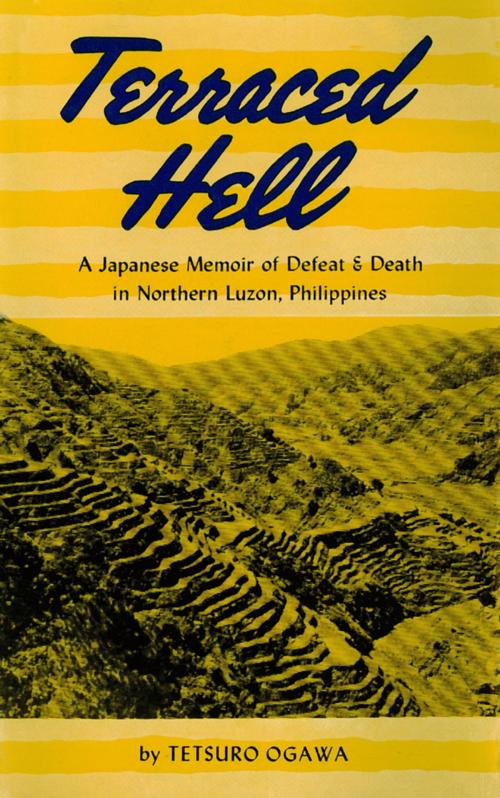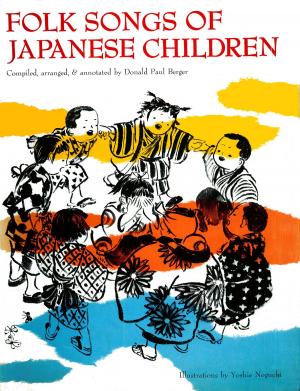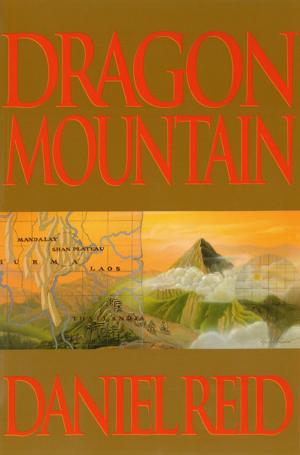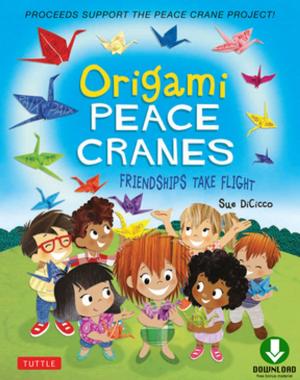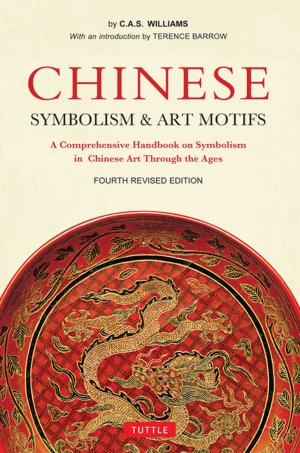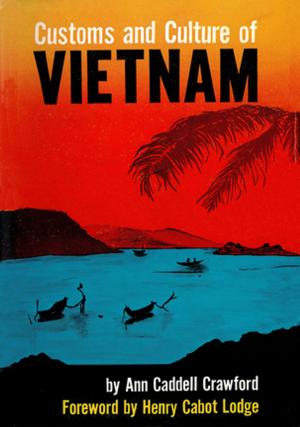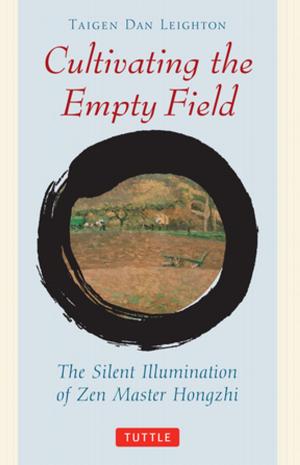Terraced Hell
A Japanese Memoir of Defeat & Death in Northern Luzon, Philippines
Nonfiction, History, Asian, Southeast Asia, Military, World War II, Biography & Memoir, Historical| Author: | Tetsuro Ogawa | ISBN: | 9781462912100 |
| Publisher: | Tuttle Publishing | Publication: | July 15, 1992 |
| Imprint: | Tuttle Publishing | Language: | English |
| Author: | Tetsuro Ogawa |
| ISBN: | 9781462912100 |
| Publisher: | Tuttle Publishing |
| Publication: | July 15, 1992 |
| Imprint: | Tuttle Publishing |
| Language: | English |
This memoir from a Japanese civilian placed with the army in World War II offers a rare glimpse of the Japanese experience and psychology during this desperate time.
Near the end of World War II , when the Japanese military machine was crushed but still hanging on, thousands of Japanese soldiers and civilians were caught in the backlash of the war in Northern Luzon, the Philippines, where half a million Japanese perished.
This is an honest and straightforward account of defeat and death in the Philippines, described by a Japanese teacher who survived the horrible ordeal. "Several things compelled me to write this story," says Ogawa. "Since it was my record of a dangerous and fateful year in my life, I thought I should write an exact account of it for my children, an account which could be passed on to future generations."
Ogawa questioned a system which demanded death rather than surrender where defeat was imminent and all hope gone. Constant bombing was their daily fare, along with daring guerrilla raids and incursions of headhunting tribal Igorots.
This illustrated war memoir is intensely interesting, if somewhat gruesome reading, and is a valuable and important contribution to the literature of World War II.
This memoir from a Japanese civilian placed with the army in World War II offers a rare glimpse of the Japanese experience and psychology during this desperate time.
Near the end of World War II , when the Japanese military machine was crushed but still hanging on, thousands of Japanese soldiers and civilians were caught in the backlash of the war in Northern Luzon, the Philippines, where half a million Japanese perished.
This is an honest and straightforward account of defeat and death in the Philippines, described by a Japanese teacher who survived the horrible ordeal. "Several things compelled me to write this story," says Ogawa. "Since it was my record of a dangerous and fateful year in my life, I thought I should write an exact account of it for my children, an account which could be passed on to future generations."
Ogawa questioned a system which demanded death rather than surrender where defeat was imminent and all hope gone. Constant bombing was their daily fare, along with daring guerrilla raids and incursions of headhunting tribal Igorots.
This illustrated war memoir is intensely interesting, if somewhat gruesome reading, and is a valuable and important contribution to the literature of World War II.
